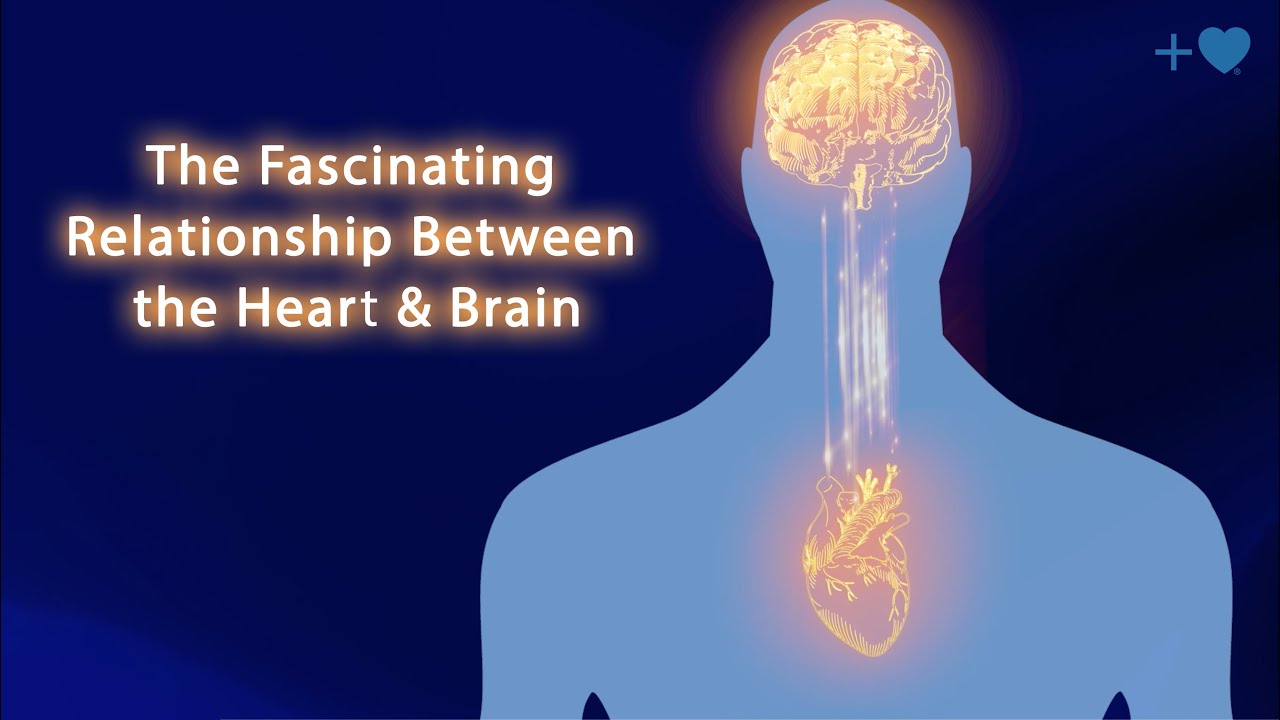Did you know that your heart is more than just a blood pump? It has its intelligence and plays a significant role in our emotions, perceptions, and mental processes. The heart can even sense our emotional response to an event before it happens. This may sound like something out of a sci-fi movie, but it’s been confirmed by scientific research.
Researchers have discovered that the heart has an intrinsic nervous system that sends a wealth of information to the brain. The heart sends more signals to the brain than the brain sends to the heart.
This has led scientists to refer to the heart as the “little brain” in our bodies. The neurons in the heart have long-term and short-term memory, as well as extensive sensory capacities.
The heart and brain communicate with each other in a complex dance. As we experience emotions throughout the day, our heart rhythm patterns tend to reflect how we’re feeling.
This information is then monitored by the emotional centers in the brain, where it is perceived as feelings of fear, anger, joy, appreciation, and more.
When we are stressed, worried, overwhelmed, or indecisive, the heart’s rhythm becomes jagged and irregular. This creates disorder or incoherence in the nervous system, causing the neurons in the brain to become out of sync.
This can result in impaired mental functioning, making it difficult to focus, remember things, listen deeply, and make clear decisions.
On the other hand, when we experience feelings of love, kindness, appreciation, or compassion, it creates a smooth and coherent heart rhythm pattern.
This has a calming and balancing effect and promotes harmonious cooperation between the heart, brain, and hormonal system. Not only does this improve how we feel, but it also enhances our ability to think, find creative solutions to problems, and make intelligent choices and decisions. This is known as cortical facilitation.
The good news is that we don’t have to wait for positive feelings to naturally arise to experience this uplift. We can actively choose to create it ourselves.
Research has shown that practicing positive heart qualities such as care, cooperation, forgiveness, and more has a carryover effect that increases the overall baseline of coherence in our system. This means that we have more resilience during stressful experiences and can maintain our poise, confidence, and self-security when challenges arise.
If you’re interested in learning more about increasing your heart coherence, HeartMath offers many free tips and techniques based on their 30 years of research on the subject. You can find these resources at heartmath. org/resources.
So, the next time you feel your heart racing or notice a shift in your emotions, remember that your heart is more than just a pump. It is an intelligent organ that plays a vital role in your overall well-being. Take the time to nurture and care for your heart, and you may be surprised at the positive impact it can have on your life.
Read More: 100 Year-Old Nutrition Professor: 7 Keys to A Long Life | Dr. John Scharffenberg



